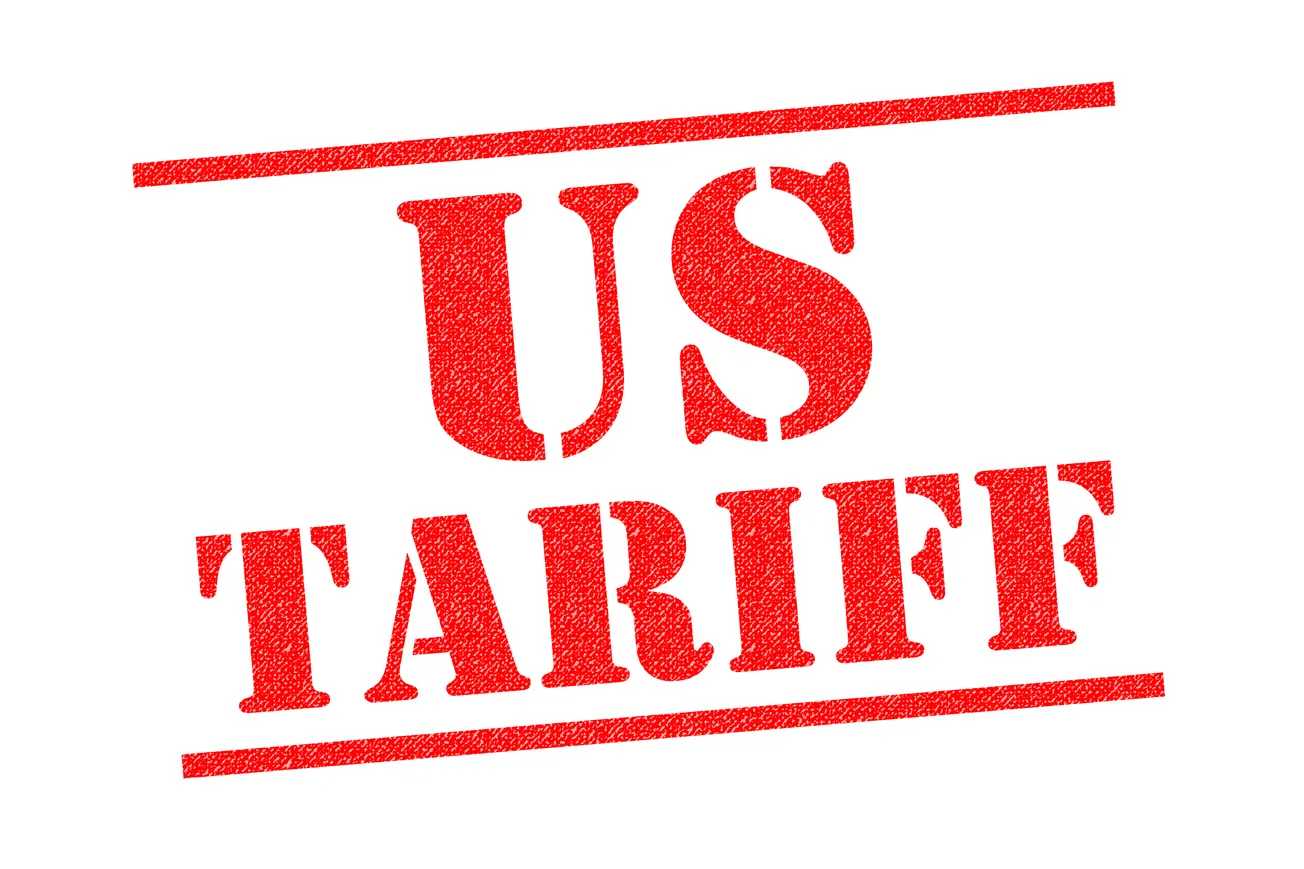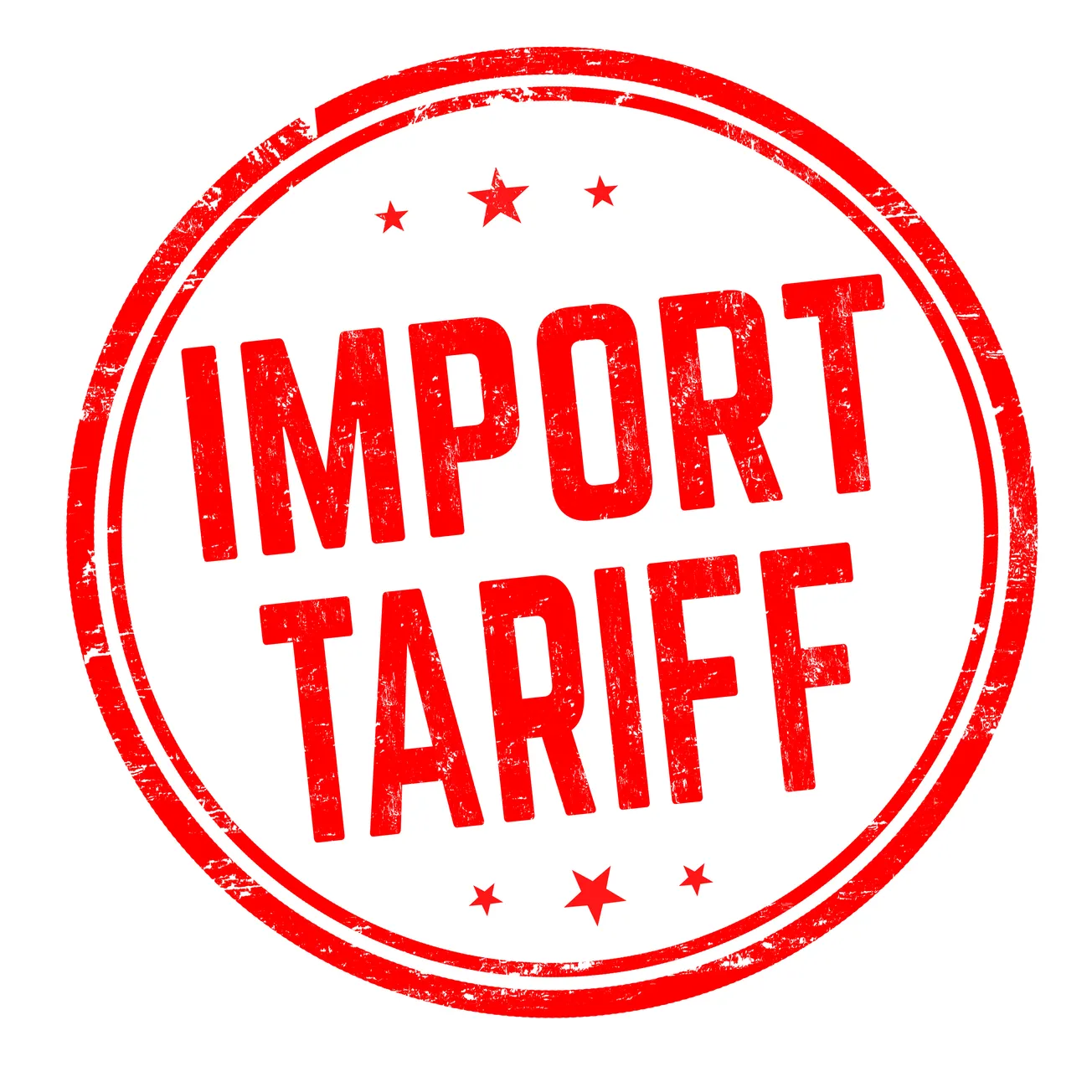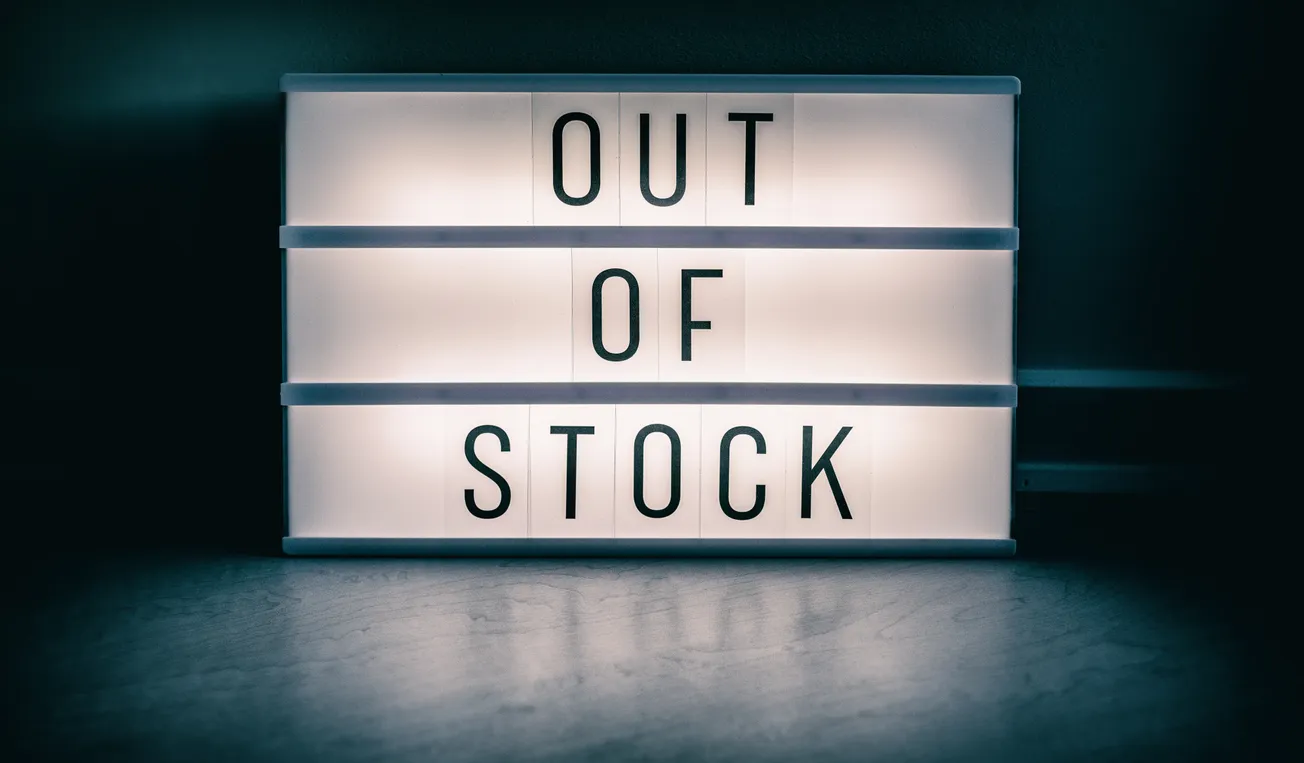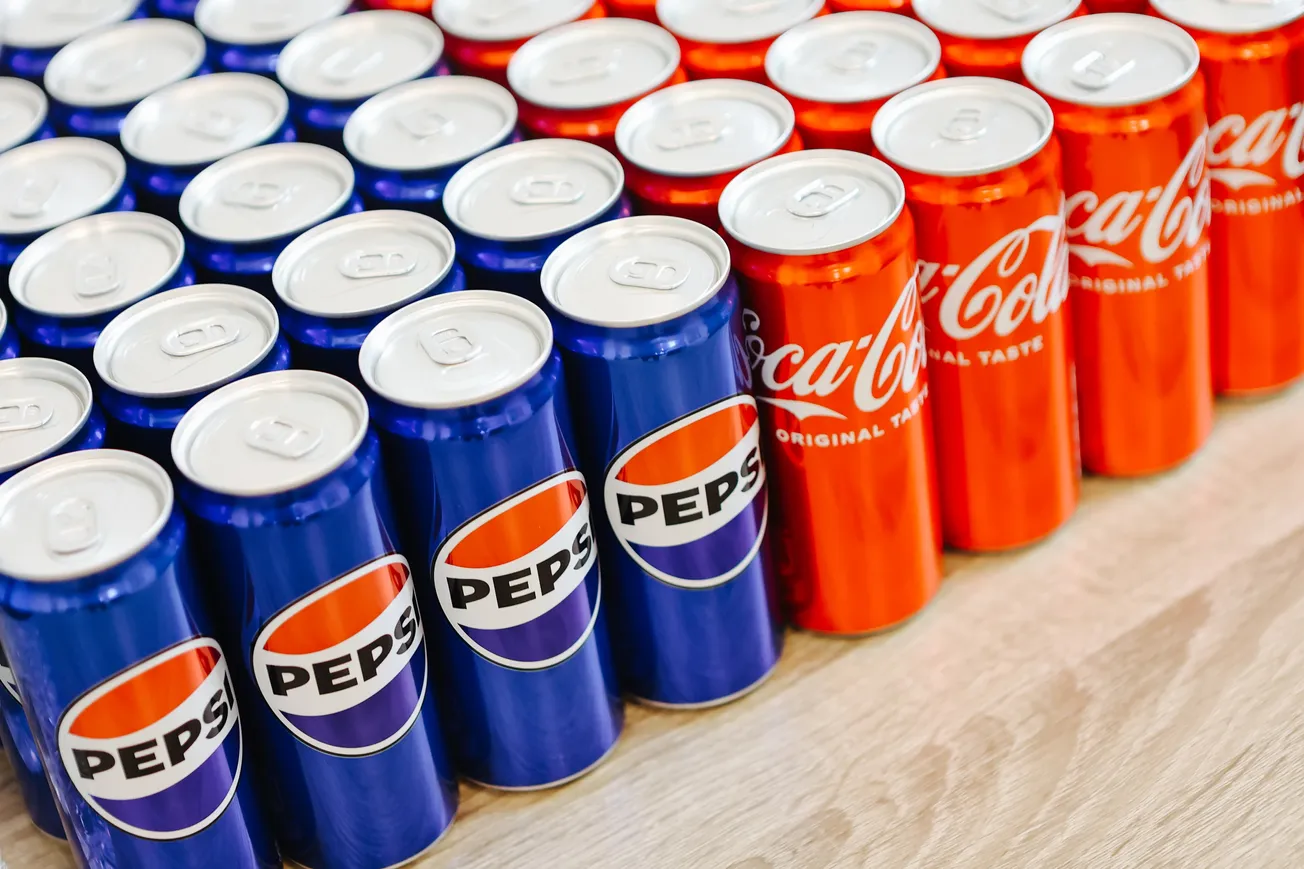Walmart’s Luminate analytics suite will be expanding throughout North America this year, the company announced last week.
The data tools bundle, in use for three years in the US, will be available for Walmex suppliers in Mexico soon, and in the Walmart Canada sphere later this year, according to a Walmart press release.
Mexican and Canadian markets will see Luminate paired with Connect, Walmart’s retail media outlet. The two were combined in the US last month.
In other international retail news:
Online retailer Temu is denying a Wall Street Journal article assertion that they are focusing growth efforts outside the United States.
Temu, owned by China-based PDD Holdings, has reservations about the US market following Congressional passage of a bill requiring social media company TikTok to be sold or banned, according to the report. TikTok is also Chinese-owned, by ByteDance.
Temu spent $3 billion in US advertising, including Super Bowl ads, last year, but has recently focused in European and other markets, according to the WSJ.
Temu expects less than a third of 2024 revenue to come from the US, down 60 percent from last year.
The ‘TikTok Law,” or Protecting Americans from Foreign Adversary Controlled Applications Act, has been challenged by ByteDance in federal court.
Another tidbit from China:
Alibaba earnings leaned heavily into the International Digital Commerce and Cloud Intelligence groups, with ADIC, the ecommerce division, showing 54 percent revenue growth over Q4 2022. Combined orders on platforms Tmall and Taobao grew 20 percent in Q4 year over year, while Cloud Intelligence, a competitor to Amazon’s AWS cloud services, grew 3 percent year over year, bringing in $3.55 billion.
The company as a whole reported 2023 annual numbers of $130.35 billion in revenue and $11.04 billion in net income.
Grocery in US, Canada, Australia:
In Canadian developments, grocer Loblaw announced last week that they will support that country's Grocery Code of Conduct. Loblaw, Walmart and other large grocery chains had argued that the voluntary industry regulations governing supplier/grocer negotiations would drive up food costs by $1 billion.
In Washington, a group of Democratic lawmakers have asked for a task force to investigate food costs and price manipulation in the US grocery supply chain, arguing that consumers are struggling with food prices while grocers report high earnings.
The request would include a task force including members of the Federal Trade Commission and the Commodity Futures Trading Commission, a ban on exclusionary contracting by large food companies, new regulations on price gouging, increased government contracts for very small food businesses, and increased scrutiny of merger and acquisition proposals in the industry.
Grocery giants Kroger and Albertsons are currently fighting opposition to their merger proposal at the federal and state levels.
The federal effort mirrors those of Australian officials, who have stepped up review of Woolworths and Coles, two of the biggest chains in the country. The two account for two thirds of Australian grocery sales.
Stay up to date on the latest Omnichannel news by Subscribing to Our Newsletter









